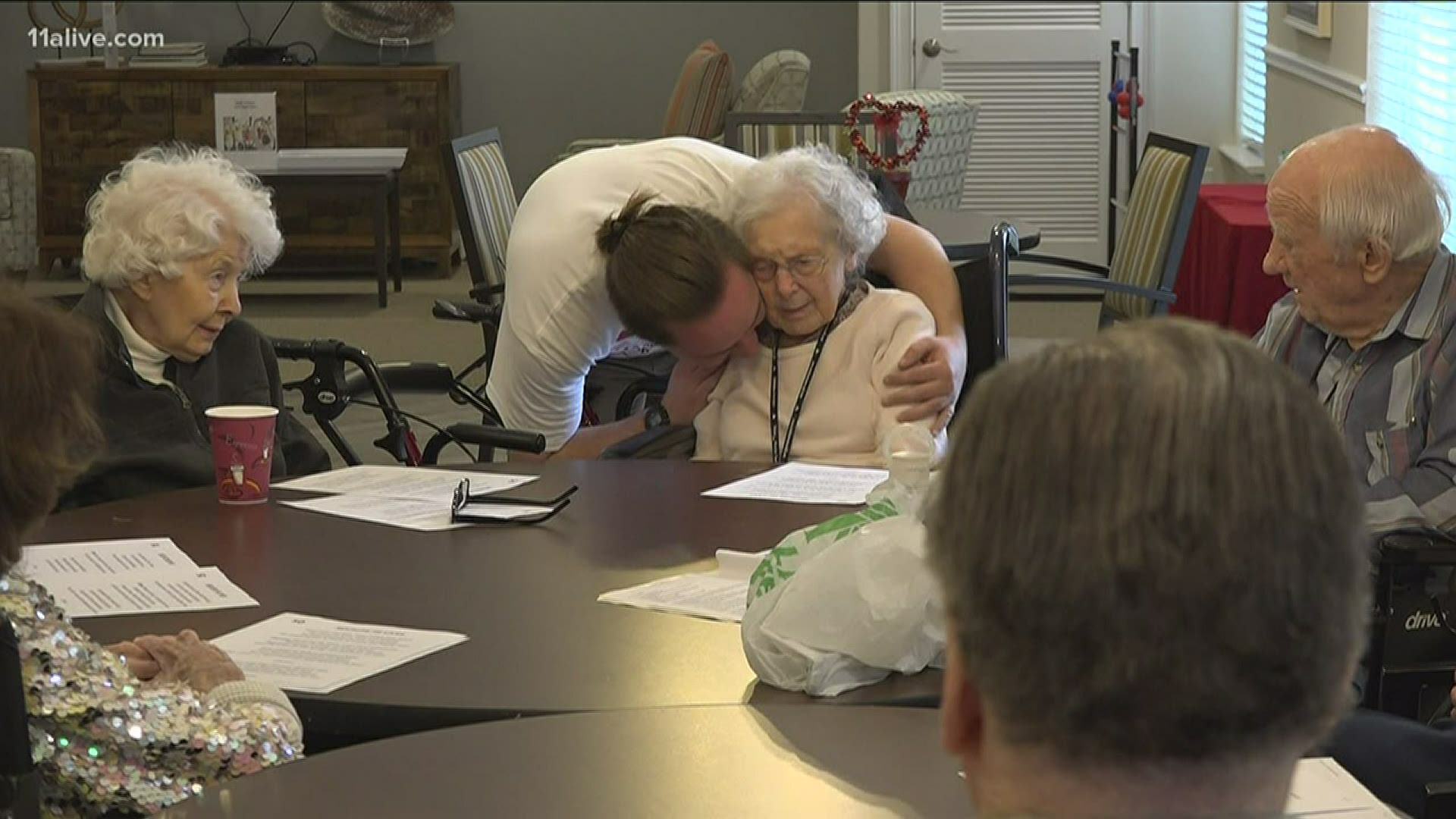ATLANTA — ATLANTA – Our older generation faces the highest risk of serious illness from the coronavirus, but even those who never fall ill could suffer long-term.
The social distancing meant to protect our nation’s most fragile could lead to health issues beyond the coronavirus. A total separation from family and routine could lead to chronic loneliness and its consequences.
“People with higher rates of disability, they feel sicker,” says Dr. Kerstin Emerson of the University of Georgia’s College of Public Health. “Their immune system isn’t working as well. Some research shows people die prematurely.”
Dr. Emerson says a day or two feeling lonely is common, but weeks or months of isolation could damage the health of older people who are otherwise feeling fine.
Why?
Emerson says long periods of separation from others can be a mental and physical strain on anyone. It’s worse for those who are older and already suffering from physical deterioration.
“That’s when we see pretty severe consequences,” says Emerson. “It’s been shown to increase disability, early entry into nursing homes.”
Extreme and long term social distancing to protect the medically fragile from a killer virus can cause physical issues that didn’t exist before.
“Including higher blood pressure,” says Dr. Emerson. “Your body could start having real impacts.”
It may not end when the pandemic and social distancing fade away.
“They may not be as comfortable resuming some of those normal every day social interactions,” says Emerson.
The cure for chronic loneliness doesn’t come in a bottle, but in acts of kindness.
“Just an old fashioned phone call can really do the trick,” says Emerson.
The health of a fragile generation depends on it.

